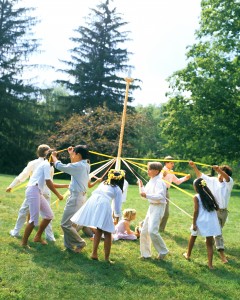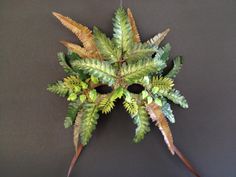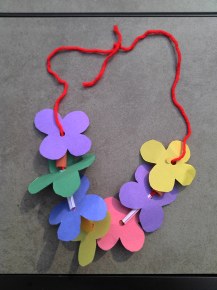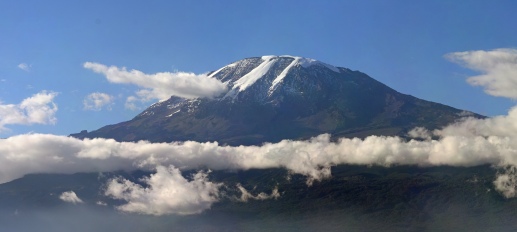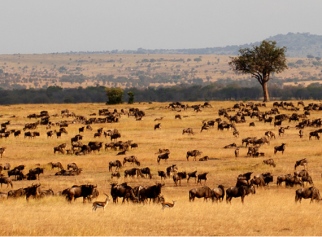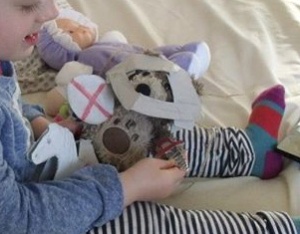1948 Terry Pratchett born – so read Johnny and the Bomb
Sardinia National Day: Sardinia is full of very cool giants’ tombs from the Bronze Age.

There are also about 7,000 nuraghi from 1500 B.C. onwards, defensive forts.

Phoenicians began to invade, and with Carthaginian help they took the south. When the Carthaginians were defeated by Rome, Rome took Sardinia and Corsica. Romans pushed the Nuragic people into the mountains, which they then called Barbaria. They ruled Sardinia for 694 years, during which Sardinia grew loads of grain for the empire and Latin was the main language.
The Vandals came in 456 AD but Rome soon took it back. From 533 it was part of the Byzantine Empire. Gradually it became independent, and no one’s sure exactly how, until the native ‘judges’ became the rulers. It then continued without much outside influence, like a little imperial Rome.

Then Pisa invaded a bit, and the Pope offered a made-up crown of Corsica and Sardinia to James II of Aragon to settle the War of the Vespers.
Then from 1465 some ‘judges’ (or giudici) managed to bring together most of Sardinia, with only Cagliari and Alghero still belonging to Aragon (Spain). But then the Kingdom of Aragon took the whole thing back, and introduced the feudal system at a time the rest of Europe was starting to realise it was awful.

Charles I of Spain
Sardinia was inherited by Charles I of Spain, who fortified Sardinia against African Berber pirates. Sardinia suffered a lot of famines during Spanish rule.
In 1708 Spain handed Sardinia over to Austria after the Spanish War of Succession deciding who should reign after Charles II of Spain (he’d chosen Philip of Anjou, but everyone panicked about France and Spain uniting their empires under one king and had a big ol’ fight about it. They decided on Philip V of Spain instead, and meanwhile redistributed some of Spain’s empire).

Napoleon
In 1793 Napoleon tried to invade a couple of times but was repelled. The Dukes of Savoy fled to Sardinia to hide from Napoleon, and bizarrely Sardinia then united with the Italian states of Turin and Piedmont and the French states of Nice and Savoy, and they all had one parliament in Turin. Sardinia then became the Kingdom of Italy. Not kidding.
Then they went a bit Fascist, and imprisoned anyone who didn’t want to be a fascist, and if anyone spoke Sardinian they went to prison too.
In 1946 Italy became a republic and Sardinia a state of autonomy. They eradicated malaria, got a boost in tourism, went fully industrial in the ’60s, suffered an oil crisis in the ’70s, accepted some NATO military bases during the Cold War, and now it’s phasing into Europe.
Sardinia has its own special singing style, cantu a tenori, and instrument called a launeddas. Maria Carta and Elena Ledda are famous Sardinian singers.
Other events that might inspire your play today:
- Feast of Beauty (Baha’i faith)
- Barbados National Heroes Day
- Victory of the Muslim Nations (Afghanistan Revolution Day).
- Maryland state founded (1788): cookies, Edgar Allen Poe
